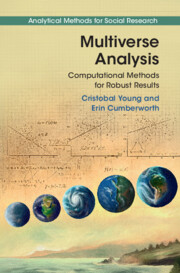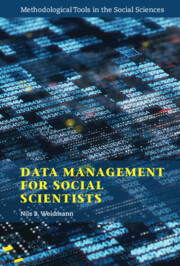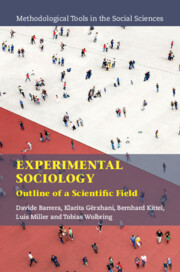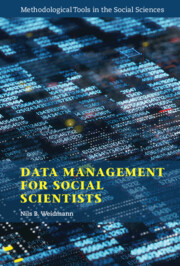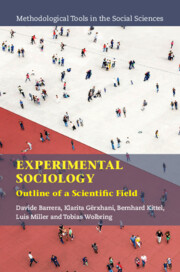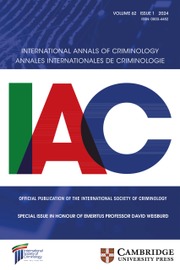Multiverse Analysis
There are many ways of conducting an analysis, but most studies show only a few carefully curated estimates. Applied research involves a complex array of analytical decisions, often leading to a 'garden of forking paths' where each choice can lead to different results. By systematically exploring how alternative analytical choices affect the findings, Multiverse Analysis reveals the full range of estimates that the data can support and uncovers insights that single-path analyses often miss. It shows which modelling decisions are most critical to the results and reveals how data and assumptions work together to produce empirical estimates. Focusing on intuitive understanding rather than complex mathematics, and drawing on real-world datasets, this book provides a step-by-step guide to comprehensive multiverse analysis. Go beyond traditional, single-path methods and discover how multiverse analysis can lead to more transparent, illuminating, and persuasive empirical contributions to science.
- Provides a comprehensive framework for understanding the many different ways one could conduct an analysis
- Explains computational tools in plain language for applied researchers, without relying on formal mathematical expression
- Provides many packages of real social science data and code to demonstrate multiverse analysis and allow readers to work with them hands on
Reviews & endorsements
‘Science progresses by reducing uncertainty. We assume that most of that uncertainty is from the world - the samples and circumstances we study. But, some of that uncertainty is from us - our decisions about how to analyze and draw inferences from data. Multiverse Analysis exposes the unrecognized uncertainty from analytic decisions and provides a systematic approach to incorporating it into the process of investigation and discovery. With richly described case examples, Young and Cumberworth provide a comprehensive philosophical and practical guide to understanding and using multiverse analysis. After reading this book, you will be much more expert in what we don't know, and what to do about it.’ Brian Nosek, Executive Director, Center for Open Science, Professor, University of Virginia
‘There is no deeper problem in empirical social science than establishing credible quantitative claims in light of their potential sensitivity to the various theoretical and statistical assumptions made by an analyst. In Multiverse Analysis, brilliant methodologists Cristobal Young and Erin Cumberworth develop a systematic methodology for exploring how empirical claims vary or remain robust across alternative assumptions. Every quantitative social scientist should study this important book.’ Steven Durlauf, Frank P. Hixon Distinguished Service Professor, University of Chicago and Director, Stone Center for Research on Wealth Inequality and Mobility
‘Young and Cumberworth blaze the trail to a future of more logical, transparent, and objective social science in this book. Multiverse Analysis gives us the modeling distribution - the variation in estimates across alternative modeling choices. The modeling distribution quantifies the uncertainty modeling choices add to results and identifies the choices with most leverage over a conclusion. This book will change how you think about statistical models and what they tell us about the social world.’ Mike Hout, NYU
‘‘The multiverse’ is less of a method than a way of thinking about choices in coding, analysis, and reporting. This new book works through a range of social-science examples to demonstrate how to use the multiverse to be open about uncertainty as a way to guide research and understanding, instead of the traditional ‘robustness study’ whose goal is to shield fragile results from criticism.’ Andrew Gelman, Department of Statistics and Department of Computer Science, Columbia University
Product details
March 2025Paperback
9781009009966
286 pages
229 × 152 mm
Not yet published - available from February 2025
Table of Contents
- Part I. Introduction:
- 1. The Many Worlds of Analysis
- 2. The Multiverse as a Philosophy of Science
- Part II. The Computational Multiverse:
- 3. Hurricane Names: An Applied Introduction
- 4. The Multiverse Algorithm
- 5. Empirical Multiverses
- 6. Influence Analysis and Scope Conditions
- 7. Good and Bad Controls
- 8. Some Alternative Approaches
- Part III. Expanding the Multiverse:
- 9. Functional Form Robustness
- 10. Data Processing: Invisible Decisions that Matter
- 11. A Data-Processing Multiverse: Re-Analysis of Regnerus (2012) and Critics
- 12. Retractions in Social Science: Mis-Adventures in Data Processing
- 13. Weights in the Multiverse
- 14. Conclusion
- Appendix: Coding with MULTIVRS in Stata.

